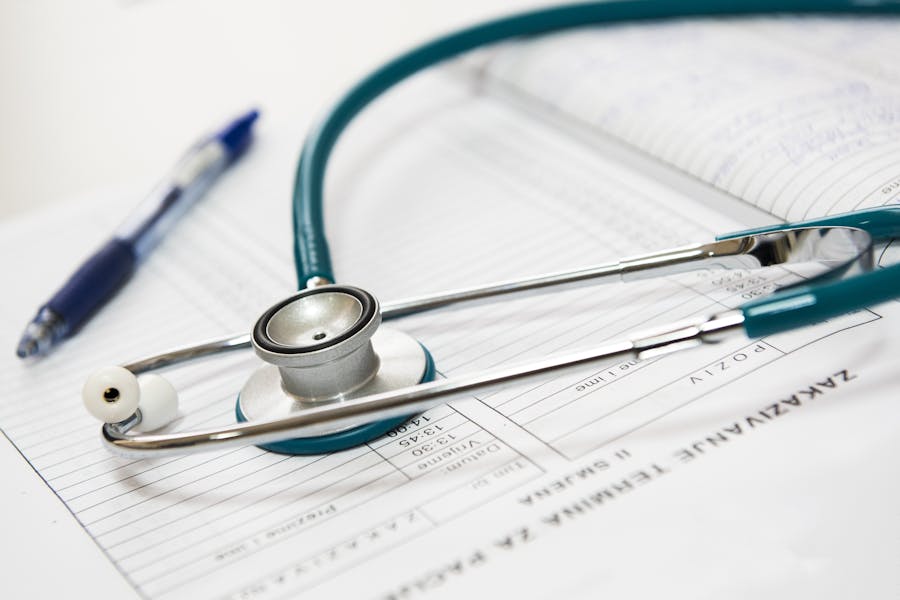High-stakes litigation often turns on a single crucial linchpin: precision. Picture a multi-million-dollar malpractice case hinging on the interpretation of a radiology report or an obscure pathology finding. In such scenarios, medical expert testimony isn’t just useful—it’s decisive. Consider this: the American Bar Association reports an increasing reliance on expert witnesses in complex civil cases, with medical testimony often driving outcomes. Legal strategy alone only gets you so far. Without incisive medical insights, even the most airtight legal theories can feel like dueling in the dark.
Defining the Role of a Medical Expert in Court
A medical expert stands apart from other technical witnesses. Why? Because their canvas is vast, stretching from specialized science to the courtroom. These professionals review patient records with clinical precision, draft detailed expert reports, and lend clarity during deposition testimony. Most importantly, they simplify the inscrutable—translating medical facts for judges and juries.
Their duties don’t end with the generic. A surgical expert elucidates operative mishaps; a radiologist dissects imaging anomalies; a pathologist delves into cellular mysteries. Medical experts cross disciplines, presenting their findings with authority and balance. Their voice must resonate not only with their peers but also with lay audiences. In essence, they bridge two worlds, transforming intricate science into compelling, court-ready narratives.
Selecting the Ideal Medical Expert for Your Case
To nail down the right medical expert, discernment matters. Consider these essentials:
- Board certification and active licensure—a baseline, not a bonus.
- Subspecialty relevance—precision trumps general knowledge every time.
- Litigation track record—a medical expert unseasoned in court is risky.
- Communication skills—brilliance is worthless if it can’t be conveyed.
Due diligence is non-negotiable. Scrutinize their publication history and cross-check their peer-review credentials. Reputation is earned, not claimed. For complex medical disputes, retaining a physician expert witness can provide the specialized insight needed to strengthen your case. Remember, the right expert isn’t merely an observer—they become a cornerstone of your litigation strategy.
Developing Clear and Compelling Medical Opinions
Crafting medical opinions is a disciplined, multi-stage endeavor. First comes the foundation: meticulous chart review and unbiased analysis. Next, the drafting process distills reams of data into sharp, lucid conclusions. A well-crafted report carries weight in every courtroom, both for its clarity and credibility.
Visual aids—charts, annotated diagnostic images—make the abstract tangible. They serve as the expert’s lens, enabling jurors to grasp nuances they would otherwise miss. Just as critical, plain-language summaries bridge medicine’s complexity with legal pragmatism. A medical opinion isn’t an almanac of jargon. It’s a scalpel: precise, functional, and layered with insight.
Ensuring Admissibility for Medical Expert Evidence
Don’t just assume your expert’s testimony will make it to court—ensure it. Daubert and Frye standards dominate the field, shaping the admissibility of medical evidence. Your goal? To check all three pillars: relevance, reliability, and transparent methodology.
Relevance means the testimony links directly to the case. Reliability hinges on scientific precision and consistency with established practice. Transparent methodology is critical: documented research, clear protocols, and robust citations separate admissible evidence from outlier opinion. Medical expert admissibility isn’t automatic. It is earned through thorough groundwork and forthright presentation. Treat it as a battle front, not an afterthought.
Strategizing Cross-Examination Prep for Medical Experts
Cross-examination can be a minefield. Smart attorneys will exploit every hesitation, inconsistency, or overreach. The solution? Mock cross-examinations that mimic high-pressure scenarios. Role-play hard-hitting questions. Sharpen responses to be concise and impermeable.
Common pitfalls? Avoid falling prey to jargon that alienates. Resist the temptation to wander beyond your data-backed conclusions. Tone is underestimated. An expert with poor pacing or robotic delivery dilutes even the strongest argument. Cross-examination of medical experts isn’t just a test of knowledge. It’s a test of poise under fire. Preparation is your shield.
Building Trust Through Credible Medical Testimony
Trust is your greatest currency in court. Jurors must believe both your testimony and, more importantly, you. Clear analogies—a clogged artery explained as a “plumbing issue”—create touchpoints of understanding. Relatable examples cut through abstract technicalities.
Consistency is non-negotiable. What’s written in your report must mirror your spoken testimony. Inconsistencies sow doubt and undermine credibility. Citing peer-reviewed literature adds yet another layer of authenticity. Credible medical testimony doesn’t just inform. It convinces. It persuades. It wins.
From Diagnosis to Verdict: Final Reflections
Medical experts are not luxuries in litigation; they’re necessities. They mold opinions, clarify facts, and help courts untangle medical complexity. The takeaway? Integrate these experts early in your case development. Their insights, vetted and polished, should shape every step of your legal strategy. Success often hinges on foresight. Invest in the right expertise—and the dividends just might include your verdict.


